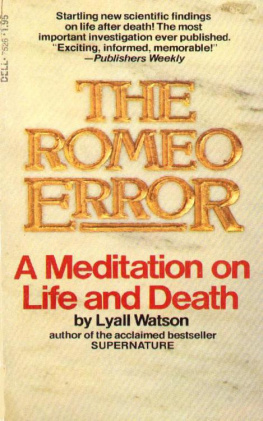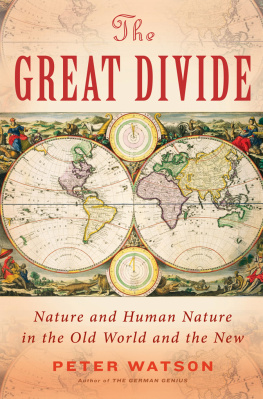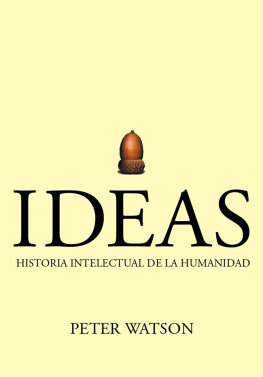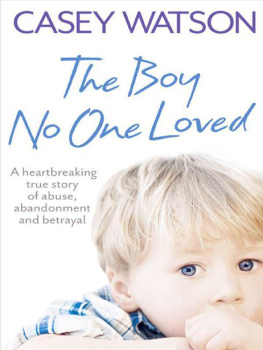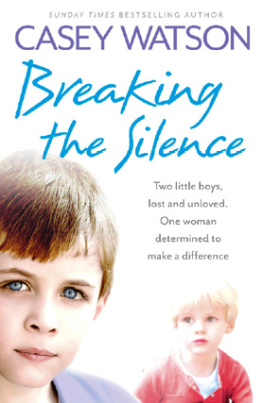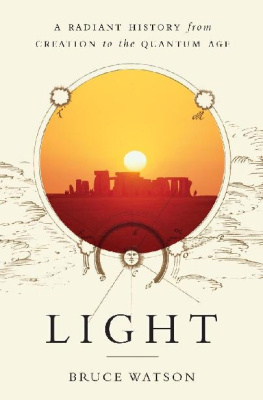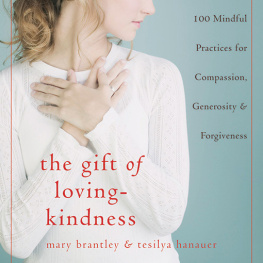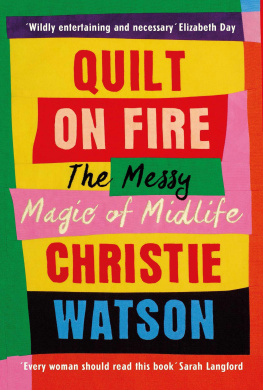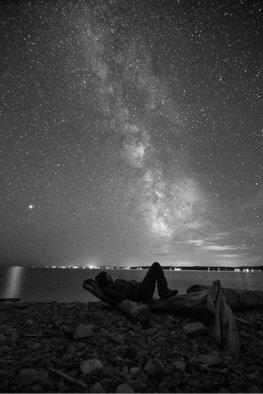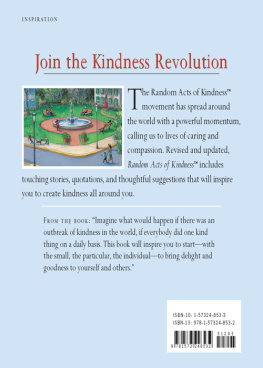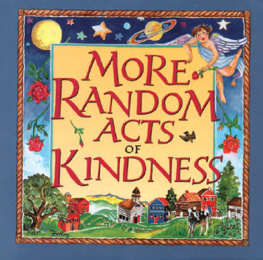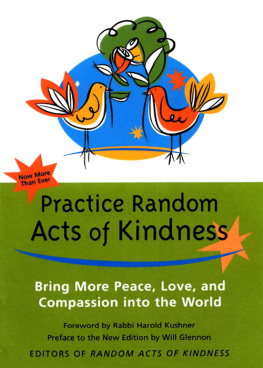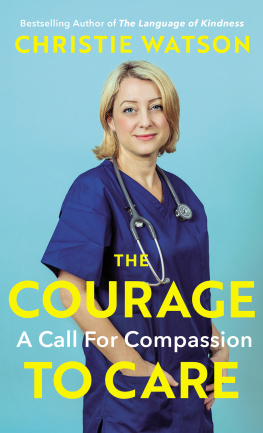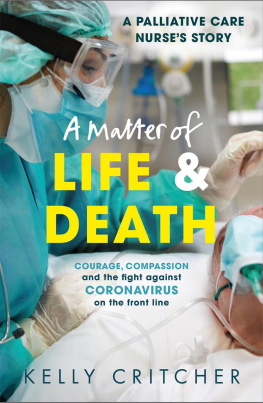Contents
About the Book
About the Author
ALSO BY CHRISTIE WATSON
Tiny Sunbirds Far Away
Where Women are Kings
For Nurses
A poet is a nightingale who sits in darkness, and sings to cheer its own solitude with sweet sounds; his auditors are as men entranced by the melody of an unseen musician, who feel that they are moved and softened, yet know not whence or why.
Percy Bysshe Shelley
Introduction : Worth Risking Life For
Nursing was left to those who were too old, too weak, too drunken, too dirty, too stupid or too bad to do anything else.
Florence Nightingale
I didnt always want to be a nurse. I went through a number of career possibilities and continually exasperated the careers advisor at my failing secondary school. Marine biologist was one career choice that I listed, having visions of wearing a swimsuit all day in a sunny climate and swimming with dolphins. When I discovered that much of the work of a marine biologist involved studying plankton off the coast of Wales, I had a rethink. During one summer in Swansea I spent time watching my great-great-aunt gutting catfish in the large kitchen sink; and once I went out on a boat with hairy, gruff and burly yellow-booted men who pissed in the sea and swore continually. Id also eaten cockles and laver bread for breakfast. Marine biology was definitely out.
Law, a teacher remarked, when my parents, also exasperated with me by then, asked what I might be suited to. She can argue all day long. But I had no aptitude for focused study. Instead I looked towards other animals and conservation. I dreamed of doing photography for the National Geographic, leading to travel in hot and exotic locations where the sun would shine and I would wear a swimsuit all day after all, and live in flip-flops. I joined marches and anti-vivisection campaigns, and gave out leaflets in the grey-brick town centre of Stevenage showing pictures of dogs being tortured, rabbits having cosmetics tested on them until their eyes became red, and bloody, skeletal cats. I wore political badges that were outdoor-market cheap and came loose, stabbing me until one evening I found a tiny constellation of pin-prick bruises on my chest. I refused to go into the living room after my mum bought a stuffed chick from a car-boot sale and placed it amongst her ornaments, and instead ate my vegetarian dinner on the stairs in protest, saying, Its me or the chick. I cannot be associated with murder.
My mum, with endless patience, constantly forgave my teenage angst, removed the chick, made me another cheese sandwich and gave me a hug. It was she who taught me the language of kindness, though I didnt appreciate it back then. The next day I stole a rat from school, to save it from dissection by the biology department. I called it Furter, and hoped it would live safely with my existing pet rat, Frank, which used to sit on my shoulder, its long tail swinging around me like a statement necklace. Of course, Frank ate Furter.
Swimmer, jazz trumpeter, travel agent, singer, scientist Astronomy was a possibility until, at the age of twelve, I discovered that my dad, who had taught me the name of every constellation, had made it all up. I didnt tell him, though; I still let him point upwards and tell me his stories, with his enthusiasm for narrative bursting into the sky. There the shape of a hippo? You see it? Thats called Oriels Shoulder. And that is the Bluebell. You see the shape? The almost silver-blue colour of those particular stars? Fishermen believe that if you look to the stars hard enough, they will whisper the secrets of the earth. Like hearing the secrets of the sea inside a shell. If you listen hard, you can hear nothing and everything, all at the same time.
I spent hours and hours looking at the stars to hear the secrets of the earth. At night I pulled out a cardboard box full of treasures from underneath my bed: old letters, a broken key ring, my dead grandfathers watch, a single drachma; chewing gum that I had retrieved from underneath a desk, and which had been in the mouth of a boy I liked; stones I had collected from various places, and a large shell. I would stand in my bedroom looking up towards the stars, holding the shell to my ear.
One night, burglars came to steal meat from our freezer, which we kept in the garden shed. Those were the days when people bought meat in bulk at car-boot sales, from men on giant lorries with loudspeakers and dirty white aprons. Those were the days when police would come at night to investigate frozen-chicken theft, and my star-watching was interrupted by police shouting. The universe had answered my shell-call: vegetarianism mattered. I am not sure which would have been a more unusual sight that night: a few young men carrying a frozen chicken and a giant packet of lamb chops, or a skinny teenager in a moonlit bedroom, with a large shell pressed against her ear.
What I would do and who I would be consumed me in a way that didnt seem to worry my friends. I didnt understand then that I wanted to live many lives, to experience different ways of living. I didnt know then that I would find exactly what I searched for (minus the swimsuit and the sun): that both nursing and writing are about stepping into other shoes all the time.
From the age of twelve I always had part-time jobs. I worked in a caf cleaning the ovens a disgusting job, with mean women who used to make the teabags last three cups. I did a milk round, carrying milk during the freezing winter, until I could no longer feel my fingers. I did a paper round, until I was found dumping papers in dog-shit alley. I didnt make any effort at school; I did no homework. My parents tried to expand my horizons, give me ideas about what I might do and a work ethic: Education is a ticket to anywhere. You have a brilliant brain, but you dont want to use it. I was naturally bright but, despite the tools my parents gave me and their joie de vivre, my poor school-work ethic and my flightiness continued. They always encouraged me to read, and I was consumed by philosophy, looking for answers to my many questions: Sartre, Plato, Aristotle, Camus I was hooked. A love of books was the best gift they ever gave me. I liked to roam and not be far from reading material; I hid books around the estate: Little Women in the Black Alley; Dostoevsky behind Catweazels bins; Dickens under Tinkers broken-down car.
I left school at sixteen and moved in with my twenty-something boyfriend and his four twenty-something male lodgers. It was unbelievably chaotic, but I was blissfully content working a stint at a video shop, handing out VHS videos to the Chinese takeaway next door in exchange for chicken chow mein, my vegetarianism now beginning to wane, as I concentrated on putting on 18-rated films in the shop and filling the place with my friends. I went to agricultural college to become a farmer and lasted two weeks. A BTEC in travel and tourism lasted a week. To say that I had no direction was an understatement.
I was truly devastated when, after turning up late for an interview, I did not get the job of childrens entertainer at Pizza Hut. It was a shock when my relationship broke down, despite being only sixteen and completely naive. My pride meant that I would never go home. No job, no home. So I worked for Community Service Volunteers, which was the only agency I could find at the time that accepted sixteen-year-olds instead of eighteen-year-olds and provided accommodation. I was sent to a residential centre run by the Spastics Society (now called Scope), earning 20 pocket money a week by looking after adults with severe physical disabilities: helping them to toilet, eat and dress. It was the first time I felt as if I was doing something worthwhile. I had begun eating meat and I had a bigger cause. I shaved my head and lived in charity-shop clothes, spending all my pocket money on cider and tobacco. I had nothing, but I was happy. And it was the first time Id been around nurses. I watched the qualified nurses with the kind of intensity that a child watches her parents when shes sick. My eyes didnt leave them. I had no language for what they were doing, or for their job.


